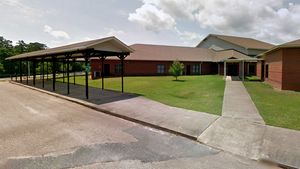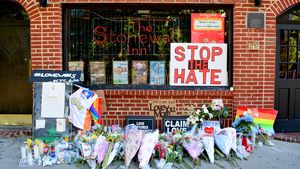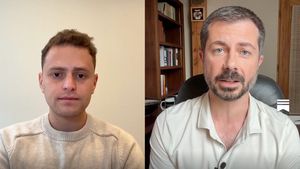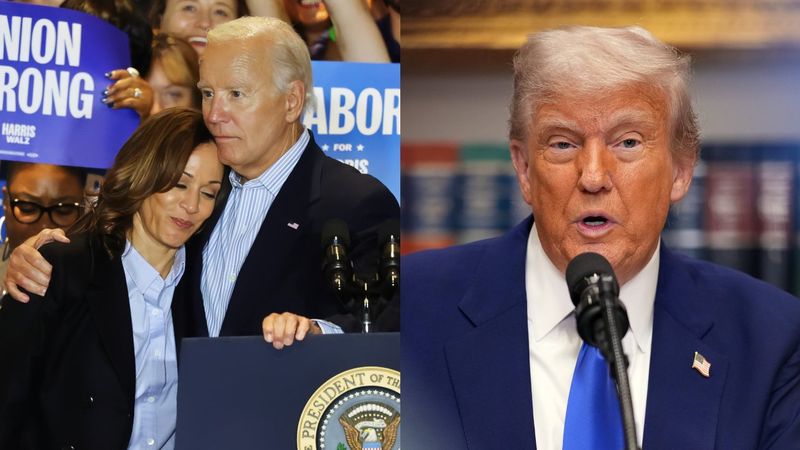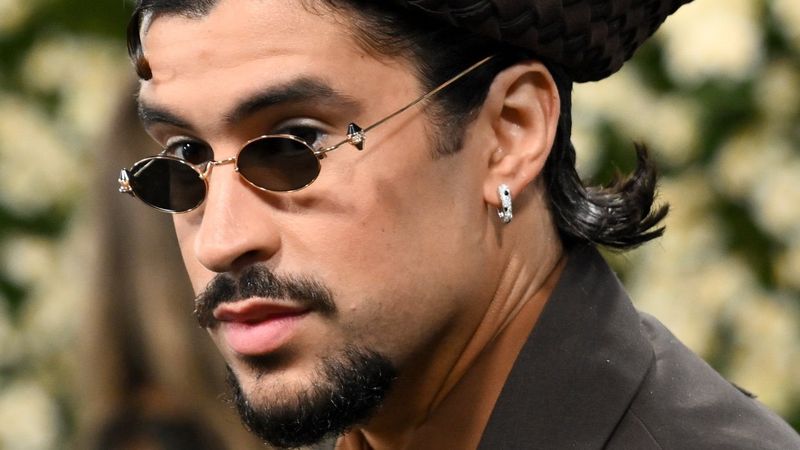The amount of asylum seekers in Europe doing so on the grounds of homophobic and transphobic persecution continues to grow, says a new report from the Associated Press. In an interview with a lesbian couple, Ella Anthony and Doris Ezuruike Chinonso, who have fled Nigeria through Libya and now live outside of Rome, Italy, gives details into what the experience has been like.
While many who claim asylum are looking to escape things like poverty, war, famine, and other conflicts, many are increasingly looking to flee from countries that criminalize homosexuality. In Nigeria, homosexuality is criminalized. Nigeria’s Same Sex Marriage Prohibition Act, passed in 2014, outlaws not only same-sex relationships but gay clubs and organizations, or even for gay people to hold a meeting with one another. Those arrested and found guilty can face incredibly harsh punishments, including 14 years in prison and the death penalty. “If you’re lucky, you end up in prison. If not, they kill you,” Chinonso said.
Europe is not the only place experiencing a rise in LGBTQ+ migrants. The United States and Canada have also been receiving LGBTQ+ asylum seekers from across parts of Africa, Asia, and the Middle East. However, with the passage of HR 118 into law this year, the US immigration system and process for LGBTQ asylum has gone from difficult to borderline impossible.
Still, the fight continues. It is hard to know just how many migrants are seeking asylum based on LGBTQ persecution. Most European countries don’t keep statistics on that, but there are non-governmental organizations fighting for immigrant rights that are trying to paint a clearer picture of the situation. Kimahli Powell, chief executive of the Canadian-based LGBTQ asylum assistance group Rainbow Railroad, said that Rainbow Railroad received 15,000 assistance requests last year, compared to 9,500 requests the year before.
While the future remains fraught, at least Anthony and Chinonso have found safety in Italy. “Certainly, life here in Italy isn’t 100% what we want. But let’s say it’s 80% better than in my country,” Chinonso said. “Here you can live as you like.”










